Okta Breach and the Growing Need for Better Cybersecurity
The Okta Breach: Introduction
In October, Okta confirmed a security breach in its support case management system, revealing that a hacker, armed with stolen credentials, had compromised the system. Initially, Okta estimated that only 1% of its customers, equivalent to 134 organizations, were affected. However, subsequent developments, as detailed by Okta's Chief Security Officer, David Bradbury, disclosed a much broader impact than initially reported.
As a leading U.S. access and identity management firm boasting approximately 18,000 customers, the breach involved the unauthorized access and theft of data concerning all Okta customers. This revelation came in stark contrast to Okta's initial attempt to downplay the incident, emphasizing the severity of the security compromise.
Here's the timeline of events:
- September: Hacker downloads comprehensive customer report
- October: Unauthorized access, compromising session tokens
- October: Okta estimates 1% customer impact
- October: CSO acknowledges extensive breach impact
- October: Diverse customer base points out security gaps
- October: Okta urges multi-factor authentication, phishing-resistant measures
- October: Follow-up analysis reveals additional compromised reports
- October: Okta reassures no impact on government, Auth0
- Ongoing: Identity of threat actors remains unknown
- Ongoing: Okta's challenges with source code theft
- Ongoing: Organizations adapt for future security challenges
.png?width=1200&height=630&name=CN-Assets%20(51).png)
The Data at Risk
Okta's diverse customer base, including high-profile entities like 1Password, Cloudflare, OpenAI, and T-Mobile, adds complexity to the breach's aftermath. The hacker's exploit, which occurred on September 28, resulted in the theft of sensitive information, primarily full names and email addresses. Despite Okta's assurance that most breaches were limited to this data, the potential exposure of phone numbers, usernames, and certain employee role details raises concerns about possible future exploitation.
Scattered Spider Group and Previous Incidents
The involvement of the Scattered Spider hacking group, also known as Oktapus, further complicates the situation. This group has a history of utilizing social engineering tactics to compromise Okta customer accounts, as evidenced by previous incidents involving Caesars Entertainment and MGM Resorts. The breach underscores the persistent threat landscape faced by organizations, emphasizing the need for proactive security measures.
Okta's Shift Towards Proactive Security Measures
In response to the breach, Okta is urging all its customers to adopt multi-factor authentication and employ phishing-resistant authenticators, such as physical security keys. This proactive stance signals a shift towards prevention rather than cure in the realm of software security. Okta's follow-up analysis reveals a broader compromise, prompting the company to take decisive steps to enhance the security posture of its systems and user accounts.
While the impact on Okta's 6,000 employees remains unconfirmed, compromised reports included some employee information. Okta assures that none of its government customers were affected, and its Auth0 support case management system remained unscathed. The identity of the threat actors responsible for the breach remains unknown, adding complexity to the incident and highlighting the challenges in attributing cyber threats.
This incident is not isolated, as Okta has faced previous security challenges, including the admission of hackers stealing some of its source code last year. Another incident showcased screenshots posted by hackers, demonstrating access to Okta's internal network after compromising a company Okta used for customer service. The recurrence of security challenges emphasizes the critical importance of robust software security measures in an ever-evolving threat landscape.
Need for Robust Software Security and Proactive Measures
The Okta breach serves as an important reminder of the critical importance of robust software security measures and the need for organizations to adopt proactive strategies in securing their software integrity. As cyber threats continue to evolve, solutions such as those offered by Codenotary, focusing on data integrity and prevention, become increasingly essential. The incident underscores the growing recognition that prevention, through measures like multi-factor authentication and advanced authenticators, is key to mitigating the risks posed by cyber threats in the digital landscape.
.png?width=1200&height=630&name=CN-Assets%20(52).png)
Conclusion
In the face of sophisticated breaches, the incident really points out the vital need for comprehensive security strategies. Codenotary's services, prioritizing data integrity and prevention, emerge as essential shields against cyber threats. By implementing Codenotary Trustcenter, organizations can establish an immutable software supply chain, mitigating the risks of unauthorized alterations and fortifying defenses against security mishaps.
